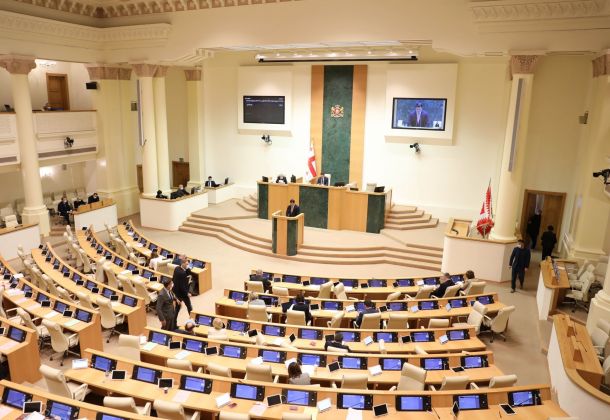Georgia’s Democratic Journey: Progress, Challenges, and Comparisons with Leading Democracies

This path, however, hasn’t been paved with roses. There have been triumphs to celebrate, like the adoption of a proportional representation system. This system, similar to those in Finland, Sweden, and Denmark, ensures a multi-party parliament, fostering a political landscape that encourages compromise and collaboration – a stark contrast to the one-party rule of the Soviet era.
However, shadows still linger. Concerns linger about the independence of the judiciary, where whispers of oligarchic influence taint the pursuit of justice. This stands in stark contrast to the well-established rule of law traditions in the Nordic countries and Iceland, where judges operate with unwavering independence.
Georgia isn’t alone in its struggles. Just like some leading democracies, including Hungary with its recent media manipulation issues, Georgia faces challenges in ensuring true media freedom. While citizens can freely express themselves and gather peacefully, political pressure can sometimes silence critical voices.
Yet, there’s a flicker of hope. Georgia boasts a young and energetic civil society, a group of passionate individuals who, much like their counterparts in the leading democracies throughout history, yearn for a stronger democracy. Their unwavering commitment to democratic ideals fuels Georgia’s pursuit of EU integration. This aspiration to join the ranks of established democracies like Norway and Denmark serves as a powerful motivator for reform.
Georgia’s strengths lie not only in its vibrant civil society but also in its dedication to education. While the Nordic countries have a long-standing tradition of prioritizing education, Georgia is actively investing in its future by nurturing a more informed and engaged citizenry.
Citizen participation is another bright spot. Voter turnout rates are high, reflecting a growing level of civic engagement. However, compared to the consistently impressive turnout rates in the Nordic countries, there’s still room for improvement.
Transparency is another area where Georgia can learn from the leaders. While access to information is slowly improving, it pales in comparison to the exceptional levels of transparency in the leading democracies. Here, freedom of information acts guarantee public access to government records, ensuring a well-informed citizenry that can hold its leaders accountable.
The road ahead for Georgia is clear: to solidify its place as a stable and prosperous democracy, it must address these key issues.
- Strengthening Judicial Independence: An independent judiciary fosters trust in the system and promotes the rule of law, a cornerstone of strong democracies.
- Combatting Corruption: Effective anti-corruption measures are necessary to ensure a level playing field and public trust in government. Just look at how established democracies have implemented robust systems to combat this issue.
- Freedom of the Press: Guaranteeing media freedom allows for diverse viewpoints and holds the government accountable. A free press is the lifeblood of any healthy democracy.
The European Union can play a crucial role in Georgia’s democratic journey. The EU’s stringent membership criteria, mirroring the values of leading democracies, can act as a powerful catalyst for further progress.
Georgia’s democratic journey is a testament to the enduring human spirit’s yearning for freedom and self-determination. By learning from the experiences of leading democracies and addressing its internal challenges, Georgia has the potential to carve its own unique path to a brighter, more democratic future.





Leave a Reply
You must be logged in to post a comment.